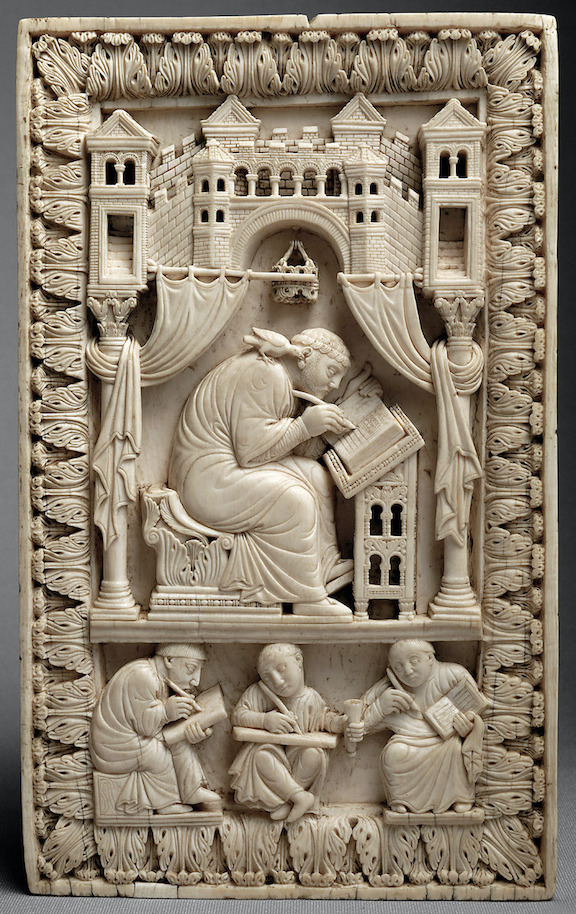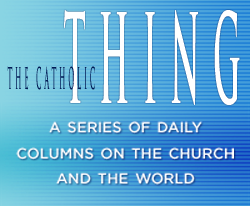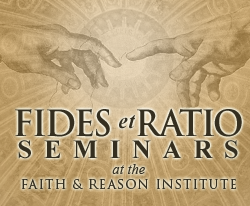Learning in . . . and from the Past
Organized Western education arose most directly from the studia generalia of European monastic communities. The studia were open to monks and laymen alike and were a response to two forces at work in Europe during the Middle Ages.
 The first was the expanding interest in classical authors and ideas caused by interaction with Islam. Arab scholars are said to have been centuries ahead of their northern neighbors, and not just in the translation of Greek and Latin texts (aided by Syriac Christians), but in the important work of developing and applying scientific theories of Aristotle, Galen, and others.
The first was the expanding interest in classical authors and ideas caused by interaction with Islam. Arab scholars are said to have been centuries ahead of their northern neighbors, and not just in the translation of Greek and Latin texts (aided by Syriac Christians), but in the important work of developing and applying scientific theories of Aristotle, Galen, and others.
The second force was the expanding enterprises of monasteries, which integrated science, the arts, and commerce. Whatever the monks did – farming, winemaking, brewing, translating – they employed the latest available knowledge.
What happened to enlightened, forward-looking, and scientific Islam in later centuries is a matter explained in detail by Robert R. Reilly in The Closing of the Muslim Mind: How Intellectual Suicide Created the Modern Islamist Crisis, and it’s a cautionary tale, given our present “cancel culture” – a reminder that any culture can decline as it becomes more ideological and iconoclastic.
Higher education had been an emerging Western ideal as far back as the 7th century and Charlemagne. Not only did that great king’s love of learning influence the development of writing, in the innovation of Carolingian script, and literature – in everything from the encouragement of troubadours to the opening of libraries – it also affected the structure and institutions of higher learning. It was with Charlemagne’s encouragement that the English monk Alcuin introduced into the king’s palace school a rudimentary program of liberal arts.
Click here to read the rest of Mr. Miner’s column at The Catholic Thing . . .


